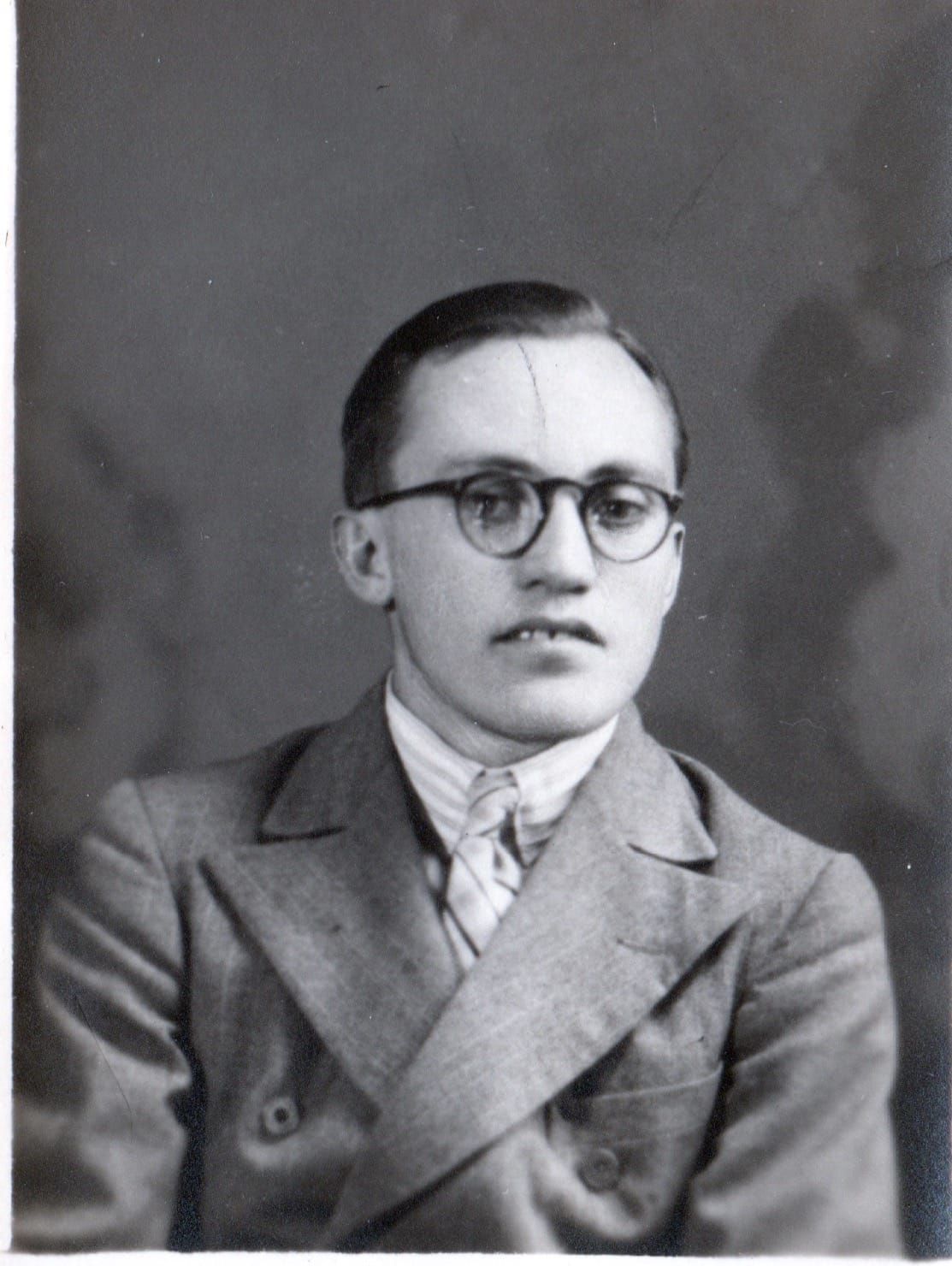Making the Grade?
In the 1930's, Anatomy had reached maturity. Histology, physiology, bacteriology and pathology, forensic medicine and public health were quite advanced.

In the 1930's, anatomy had reached maturity. Histology, physiology, bacteriology and pathology, forensic medicine and public health were quite advanced. Genetics however was in its Mendelian infancy and virology and immunology theoretical speculation. Psychology was based on Freud and psychiatry was still stamped with the lunatic asylum.
Except for vaccines and sera, pharmacology was lingering in the horse and buggy era. It was almost entirely Galenical, relying on crude extracts of plant and animal materials. Doctors and chemists rolled their own pills, used pestle and mortar, made infusions and bottled the mixtures! Only a half dozen are still in use today. When Morris was a houseman in 1939, Prontosil, the precursor of the sulphonamides, made its debut. It was no wonder that the pneumonia death rate was 25% and meningitis 100%. And it was only 1941 when Morris used his first precious sample of penicillin in Cullinan Military Hospital (more famous for its Premier Mine Cullinan diamond find in 1905).
However, training in clinical medicine was much more thorough because they had little of the technological wizardry of today which has made the profession lazy. They had to rely on searching histories and thorough and accurate clinical examinations.
Surgery was already in its exciting ascendancy with unchartered ventures into pulmonary and cerebral mysteries but with disheartening results. General surgery was carried away by a culture of radical destructive procedures, since abandoned.
Anesthesia was taking its first instrumentation steps up from the rag and bottle sideline, to become a full blown specialty. But there was limited knowledge and understanding of underlying function.
In these more medically specific subjects, Morris failed to match his first year results in the pure sciences. Although he was able to score some firsts and seconds along the way, the trend was downward over the six academic years, to end the final with a humbling three thirds, in medicine, surgery and obstetrics and gynecology. The reasons were more emotional than intellectual. Six years is a long time. He grew impatient, a repeat of his periodic longing at school to be able to move on; a trait that dogged him throughout life, part of his hyperactive, manic-depressive personality.
Additionally, with steadily increasing tensions and unhappiness at home, he longed for independence. In the final year he became obsessed with the need to qualify. He convinced himself that if he failed he could not face a repeat year, which put him on edge and into periodic depression. In the viva voce testing he gave quite absurd replies to questions, which he thought justified being failed. (for example, when presented with a patient with a swelling in the groin, his first response was a tumor of the ileum; it was a simple inguinal hernia!) It struck him as masochistic fulfillment of his fears.
But his name was on the qualifying list! Was he dreaming? His written papers must have been good enough to make the oral tests a formality. Such a relief and a thrill. He was now a doctor--at last, to enter the world with rights and privileges and responsibilities, and the chance to prove himself.
It took only a day for him to come down to earth. He had no initial hospital appointment! It reminded him of the prof's warning that when he qualified as a doctor, natural exaltation could feed the perception of an exclusive elevation; with some it lasts a day, but a few carry the delusion and conceit for a lifetime.
The historical novel Whitewashed Jacarandas and its sequel Full of Possibilities are both available on Amazon as paperbacks and eBooks.
These books are inspired by Diana's family's experiences in small town Southern Rhodesia after WWII.
Dr. Sunny Rubenstein and his Gentile wife, Mavourneen, along with various town characters lay bare the racial arrogance of the times, paternalistic idealism, Zionist fervor and anti-Semitism, the proper place of a wife, modernization versus hard-won ways of doing things, and treatment of endemic disease versus investment in public health. It's a roller coaster read.
Excerpt from Dr. Morris Isaac Hirsch's Unpublished Memoirs: Hirsch Archives.
Photo Credit: Morris Isaac Hirsch. Hirsch Archives.

